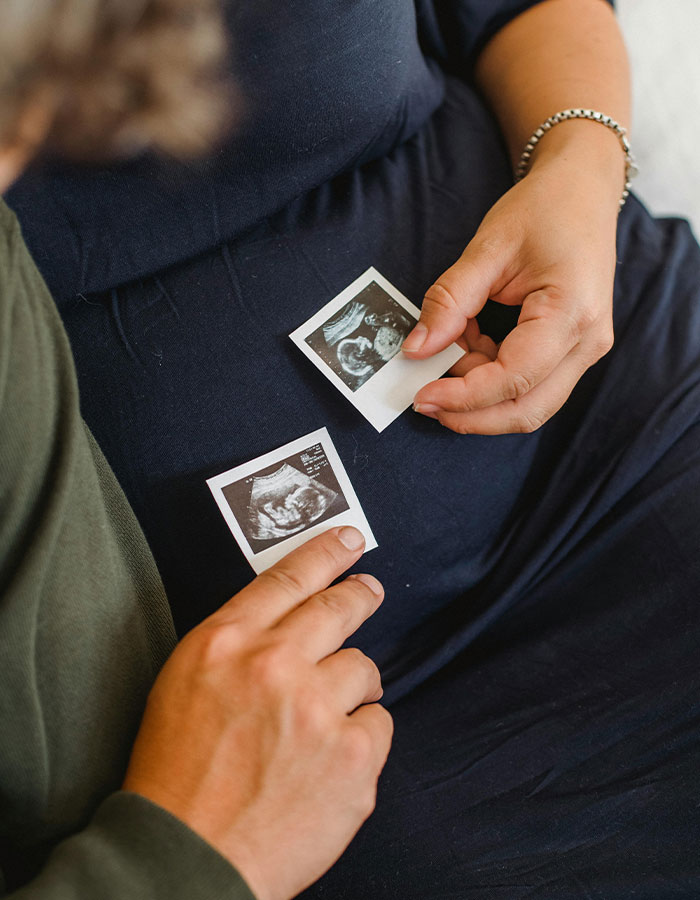In April 2021, a married man, surnamed Wen, lost his life in a traffic accident in Qingyuan, located in China’s southeastern Guangdong Province.
In December of that year, his extramarital lover, surnamed Ling, gave birth to a son, Xiaowen, after using an embryo that had been previously fertilized and frozen at a private clinic.
Ling claims that the embryo used in the procedure had been created from sperm and eggs collected from Wen and herself before his death, as perChinaDaily.

Image credits:Pexels/Nadezhda Moryak
In August 2023, Ling filed alawsuitwith the Qingcheng court, demanding that Wen’s wife share Wen’s life insurance, property, and company equity shares with Xiaowen.
Additionally, Wen didn’t state anything in his will regarding posthumous embryo transplantation.
The court ruled against Ling, citing she could not provide conclusive evidence that her lover had fertilized the eggs or that the man had given her permission to use his sperm

Image credits:Pexels/Amina Filkins
Embryo transfer, an assisted reproductive technology (ART) procedure often linked with in vitro fertilization (IVF), involves placing one or more fertilized eggs—referred to as embryos—into the uterus.
Laws in China lack clarity regarding the inheritance rights of babies born from frozen embryos, asZhao Nyuhuan, a lawyer with the Ronly&Tenwen Partners law firm, toldGuangzhou Daily.
Additionally, the man, surnamed Wen, didn’t state anything in his will regarding posthumous embryo transplantation.

Image credits:Pexels/MART PRODUCTION
While the Civil Code enacted in 2021 recognizes the inheritance rights of fetuses, it does not explicitly mention frozen embryos. However, “given the potential for frozen embryos to develop into complete life forms, it is worth considering whether to grant them some degree of legal protection under certain conditions such as the right of inheritance,” the lawyer said.Karina Babenok
Lei RV
Renan Duarte
News